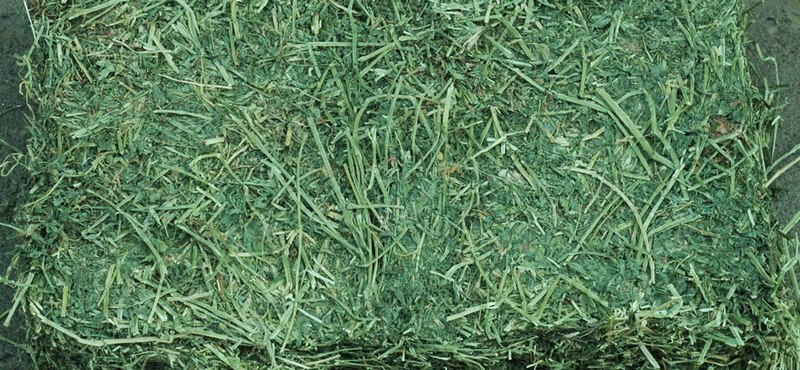While the dietary needs of all horses are of great importance, high performance horses need a specific combination of ingredients and nutrients to allow them to perform their best. The diet of these particular horses can make the difference between having a winner and a loser. The following provides a summary provides information about some of the ingredients or nutrients that make a difference in the diets of performance horses.

Contents
Feeds with high fat or added fat
High fat horse feed provides a number of benefits for the performance horse including the following:
- Improves endurance
- Reduces the horse’s risk of developing certain types of metabolic issues
- Provides energy as well as having a calming effect on the performance horse
- Reduces the heat loan during hot weather
Most owners of performance horses prefer corn oil, soy oil, canola oil and high fat rice bran oil for horses. While it is feasible to use animal fat, it may not be as appetizing as other fats. Your horse needs a minimum of ten days to two weeks on a high fat diet for him to achieve the maximum benefit.
Energy Content
There are many comparisons you will note about the energy levels of different horse feed, especially when it involves high fat feeds or highly digestible fiber sources. The most common source of comparing feeds in today’s market is digestible energy (DE). Your horse can obtain energy from fiber, fat, starch and protein. In the feeding of performance horses, it is important to try to maximize the energy they receive from high quality fiber and just the right level of fat. Protein is not a very efficient energy source, while too much star can cause a variety of digestive problems that include equine colic.
Reduced Protein Levels
Another way to improve the performance of your horse is to reduce the protein levels and provide a proper amino acid balance. Doing this limits excessive nitrogen that is produced when owners and handlers provide extra protein for use as an energy source. The important amino acids are lysine, methionine and threonine. Methoinine is important for hoof quality and providing help for the coat.
Minerals
There are several different minerals that are necessary to ensure horse health as well as optimum performance for your horse which include the following:
- Calcium, phosphorus, copper and zinc for bone growth
- Potassium has gained a lot of attention lately especially for horses who have Hyperkalemic periodic paralysis (HYPP). This is an inherited disease of the muscles which is the result of a genetic defect. The treatment includes the avoidance of alfalfa and horse feed that contains a high content of molasses.
- Selenium helps prevent many problems that are related to exercise such as the tying-up syndrome as an example.
- Chromium is not currently approved as an additive in commercial feed, performance horse owners are beginning to take notice of it. It is only approved at the present time for swine feeds.
Vitamins
- Vitamin E is a good choice for horses that have a tendency to suffer from muscle or fatigue-related problems.
- Biotin is essential for hoof and hair growth and quality. It is most effective when you combine it with methionine.
- Vitamin C may provide some benefits for horses that are suffering from stress. It is also essential to monitor Vitamin A and Vitamin D levels in order to avoid the occurrence of toxic levels.

Probiotics
There are a variety of probiotics products available on the market as well as in feeds, especially yeasts and Lactobacillus. The purpose of these products is to improve digestion of fiber and help the horse maintain his appetite. They are also a good source of B vitamins.
Nutraceutical products
While there are many nutraceutical products on the market that make various claims of horse health, the research is presently quite limited and is not based on any scientific evidence or controlled studies. However, some of the products may be beneficial for some horses.



